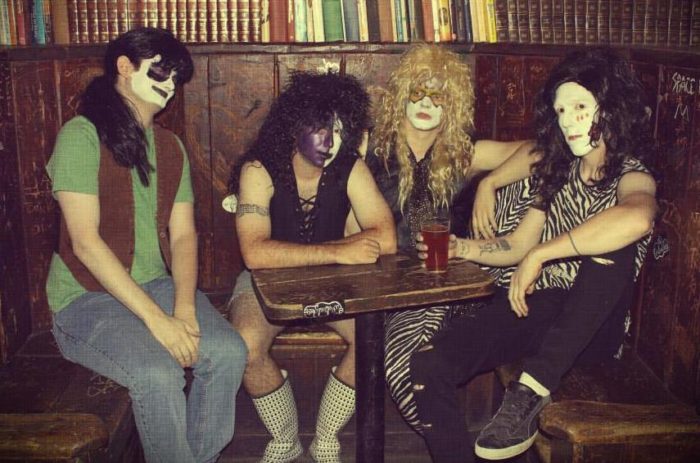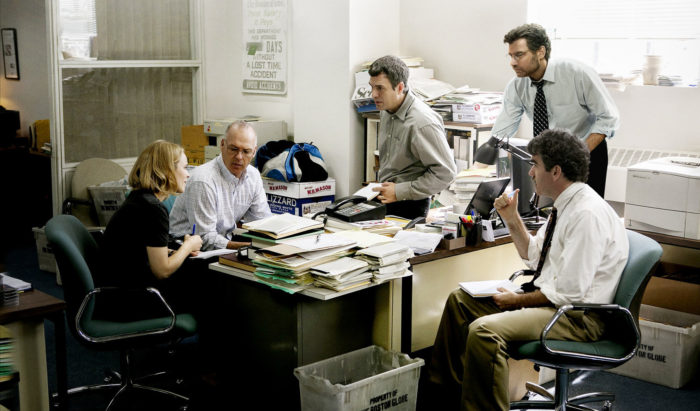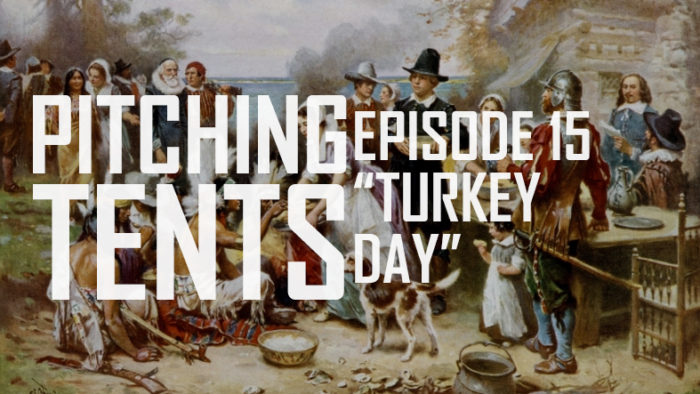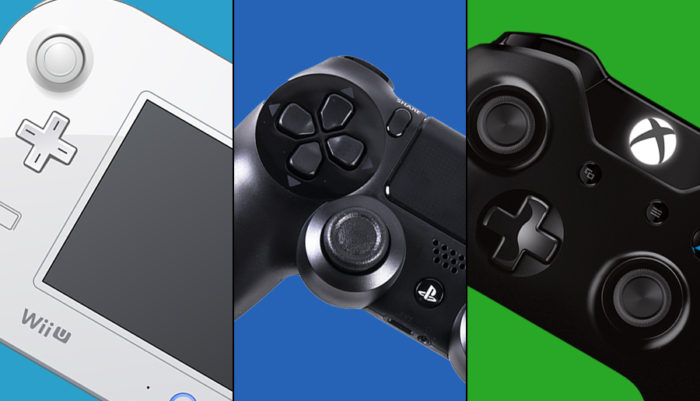
When it came out, Halo 3 seemed like the biggest deal in the world. It was everywhere – there was a Mountain Dew Flavor, Paul made a song about it… It was huge. I remember hearing about it, and later one of the Call of Duty games, in the context of video games usurping film as the biggest media releases of a year. That was then. The last eight years have made the world a lot more corporate. Now, I could barely hear anything about Halo 5‘s release between ads for Star Wars jewelry.
Seriously, it’s been about a month since Halo 5: Guardians came out and it feels like nobody is talking about it anymore. The holidays are coming, isn’t this supposed to be a system seller? Microsoft called Guardians the biggest Halo launch yet, for what it’s worth, but it simply doesn’t feel like it matters anymore. It’s not an event like these games used to be, and for non-hardcore fans of the series, that’s probably a fair level of excitement.
Guardians has moved me very little, a dismaying reality since I’ve dug pretty much all the main Halo games. This is Halo‘s big debut on modern consoles, it should be a massive showcase for the Xbox One, and to be fair, it doesn’t falter at most of what it tries. Maybe it’s just sequel fatigue, but Guardians just doesn’t stand out for me compared to games like Titanfall, Destiny, or that brief bit of Overwatch I got to play this weekend.
Take the fact that the game looks good, for an example. Not great, not the best looking game this generation or even this year, but good. And it runs at a solid 60 frames per second, which is great. But characters all look big and bulky, your guns take up a ton of the screen, and a few of the environments are pretty bland. So it’s solid, but not amazing, you know?
That problem extends to the single player story too, which I’m inclined to give a pass to since none of the Halo stories have been good. But I won’t because this one is short, bares no resemblance to any of the trailers we had been shown, and ends on a disappointing cliffhanger. You spend your time switching between a desperate Master Chief and his squad searching for Cortana, and a new, misled Spartan team led by the guy who plays Luke Cage for the Netflix branch of the Marvel Cinematic Universe. It was super confusing, with much left unexplained and again, a big dumb cliffhanger way too soon. But people don’t play these games alone anyway (which is why it’s disappointing there’s no split screen story mode).
At this point, almost everything you’d expect to be in Halo multiplayer is there. They recently patched in big team battle, and the other essential modes are all available in the Arena. I never really cared for most of them. The big new addition is a second multiplayer mode, called Warzone, separate from the Arena, which is like an even bigger team battle. It’s an evolving mode that challenges you with different objectives, like taking out powerful NPCs, while you battle the other team for territory. It’s pretty cool and definitely the most fun I had in Guardians, even though it’s centered around the game’s most troubling aspect.
This is a game free of map pack DLC, which I think is great. Map pack DLC is terrible in multiplayer games, all it does is fracture the community. Unfortunately, in its place is a card pack system. You get points for completing matches and performing well, and you can use these points (or real money) to buy packs of cards. These cards give you weapons and vehicles for Warzone, as well as boosts and cosmetic unlocks. Those cards are the only way to get better weapons and vehicles in Warzone, aside from taking them from an enemy player. It fucked with my head that, for example, when my team needed a tank, I was inclined to not spawn one just because I only had one tank card and I didn’t want to waste it. Of course, for really good players and rich players, this won’t be a problem, making the whole system all the more distressing.
Mostly my problem was that because of the cards, my incentive to keep playing the game was just gone. Sure, there was cool armor I wanted to get, but without a direct path to it, why bother? I have no interest in grinding booster packs, I did that once with Mass Effect 3 and don’t really want to do it again. At least a game like Hearthstone gives you an alternate path to acquiring a card you want if you’re really unlucky, here you’ve just gotta wait and cross your fingers.
On the other hand, free maps are great. Making sure everyone who plays Halo 5 has access to everything that really matters is great. But as someone who plays online alone, and consistently places in about the middle-to-lower third of my team’s leaderboards, there’s just not enough incentive here to really get into the game. At least not right now, when so many great games are begging for my time. Halo used to be the biggest thing in the world. Now it will have to settle for having been the biggest thing that week.









